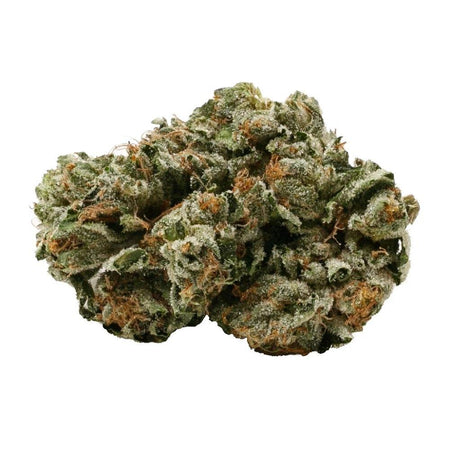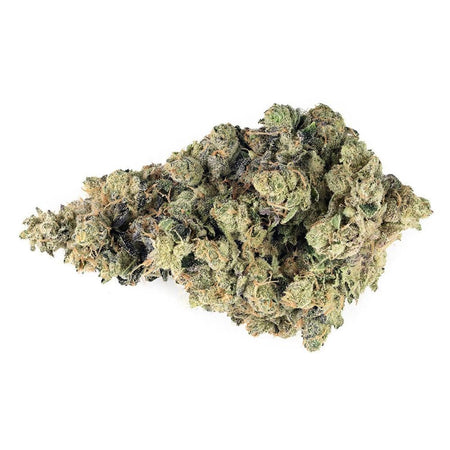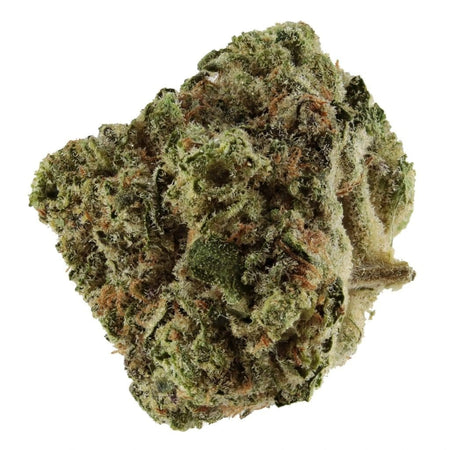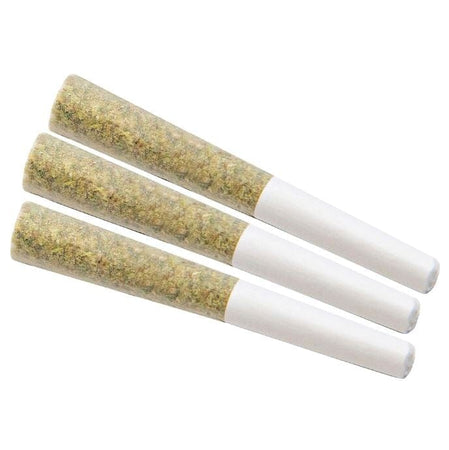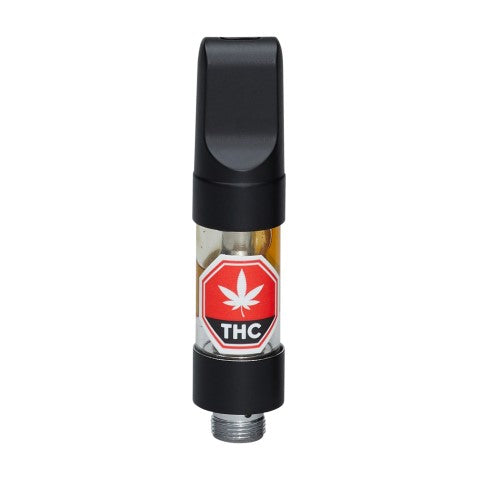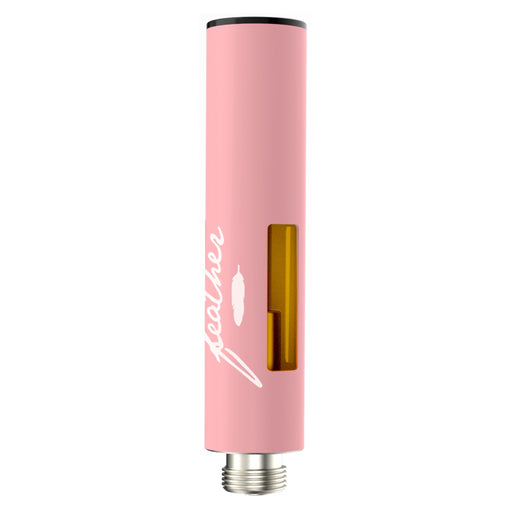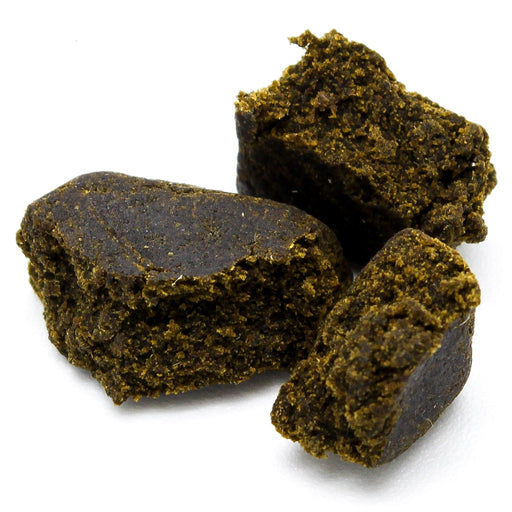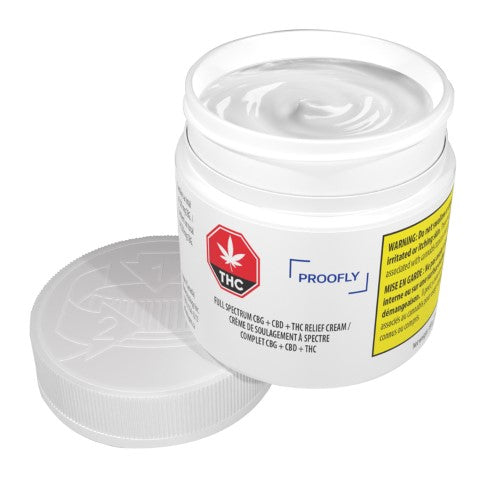Understanding the Causes of Hair Loss
Hair loss, a condition that affects millions globally, can be attributed to a variety of factors. Genetics often play a pivotal role, with hereditary patterns like male or female pattern baldness being common culprits. This form of hair loss, scientifically termed androgenetic alopecia, is characterized by a gradual thinning of hair, often starting at the temples or crown.
Hormonal imbalances are another significant cause of hair loss. Conditions such as polycystic ovary syndrome (PCOS) or thyroid disorders can disrupt the normal hair growth cycle. For instance, an overproduction of androgens can lead to excessive hair shedding and thinning, while an underactive thyroid can result in hair becoming brittle and falling out more easily.
Stress is also a well-documented factor. High levels of stress can trigger telogen effluvium, a condition where hair prematurely enters the resting phase, leading to increased shedding. Stress-induced hair loss can often be seen after major life events like surgery, significant illness, or emotional distress.
Environmental influences, such as exposure to pollutants and toxins, can further exacerbate hair loss. Chemicals in hair products, UV radiation, and dietary deficiencies can weaken hair follicles and disrupt the natural hair growth process. In some cases, these factors can lead to conditions like traction alopecia, which results from chronic tension on the hair due to tight hairstyles.
The impact of hair loss extends beyond the physical, often affecting an individual’s emotional and psychological well-being. Many people experience decreased self-esteem, anxiety, and depression as a result of their changing appearance. This underscores the importance of addressing hair loss not just for aesthetic reasons, but for overall mental and emotional health.
Understanding these diverse causes of hair loss is crucial in developing effective treatments and preventative strategies. By identifying and mitigating these factors, individuals can take proactive steps towards maintaining healthy hair and improving their quality of life.
How CBD Can Promote Hair Growth
Recent scientific research has shed light on the potential of CBD to combat hair loss, thanks to its unique properties. One of the primary ways in which CBD can promote hair growth is through its anti-inflammatory and antioxidant effects. Chronic inflammation and oxidative stress are known contributors to hair loss, and CBD’s ability to mitigate these factors can significantly improve scalp health. By reducing inflammation, CBD helps to create a healthier environment for hair follicles, which is essential for robust hair growth.
Additionally, CBD interacts with the body’s endocannabinoid system (ECS), which plays a crucial role in regulating various physiological functions, including hair growth. The ECS consists of receptors that are distributed throughout the body, including the scalp. When CBD binds to these receptors, it can help to balance and regulate the conditions necessary for hair growth. This interaction may contribute to the stimulation of dormant hair follicles, promoting new hair growth and preventing further hair loss.
Several studies and anecdotal reports have demonstrated the effectiveness of CBD in promoting hair regrowth. For instance, a study published in the Journal of Dermatological Science found that CBD can enhance the proliferation of human dermal papilla cells, which are crucial for hair follicle development. Additionally, many users have reported noticeable improvements in hair density and thickness after incorporating CBD into their hair care routines.
For those looking to incorporate CBD into their hair care regimen, there are various forms of CBD products available. CBD oils can be applied directly to the scalp, providing a concentrated dose of its beneficial compounds. CBD-infused shampoos and conditioners are also popular options, offering a more convenient way to integrate CBD into daily hair care practices. These products not only nourish the scalp but also fortify the hair strands, making them less prone to breakage.
In summary, the science behind CBD’s ability to promote hair growth is compelling. Its anti-inflammatory and antioxidant properties, along with its interaction with the endocannabinoid system, make it a promising option for those struggling with hair loss. By incorporating CBD into a regular hair care routine, individuals can potentially see significant improvements in scalp health and hair density.
